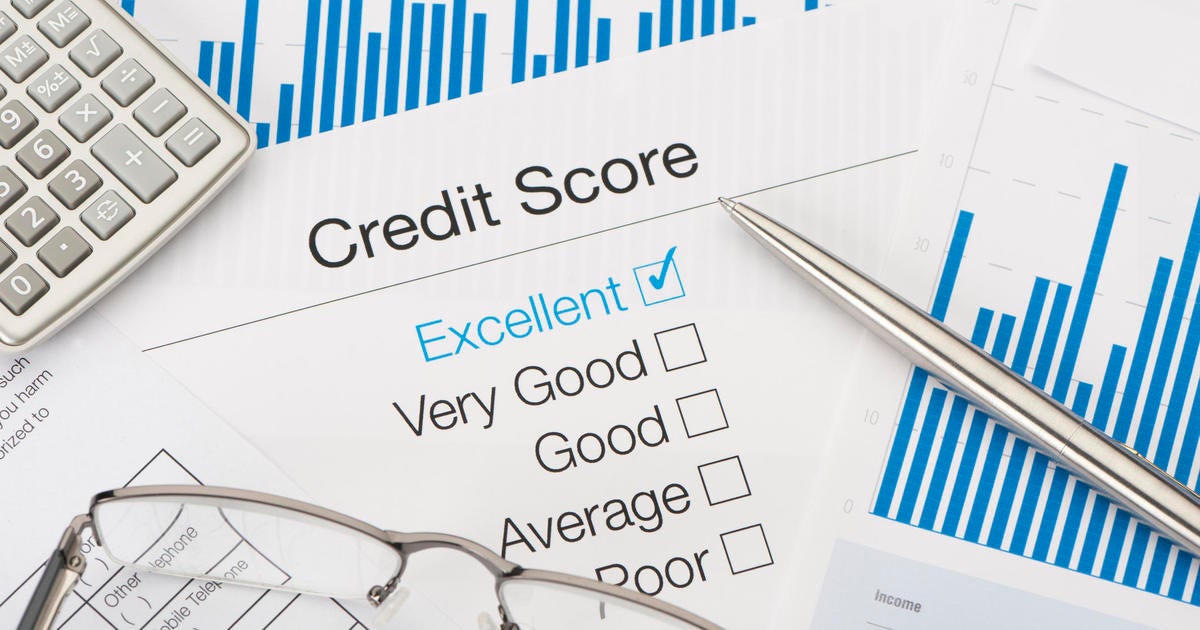We may receive commissions from some links to products on this page. Promotions are subject to availability and retailer terms.

Getty Images
The Federal Reserve may have started adjusting its policy, but interest rates are still pretty high if you need to borrow cash. Fortunately, some rates are lower than others, so as long as you shop around and choose the right products, borrowing affordably may still be possible.
Credit cards, for example, are currently at record highs, clocking in with APYs of nearly 23%. Home equity loans, however, offer interest rates in the 8% range — meaning significant savings for borrowers who own a home.
Not all candidates will get those rates, though — and your credit score will be a major determining factor in what you’re offered. Are you considering a home equity loan for your cash needs? Below, we’ll detail what credit score you can expect to need if you’re planning to borrow home equity this year.
See what home equity loan rate you’d be eligible for here now.
What’s the minimum credit score for a home equity loan in 2025?
Credit scores are divided into five buckets: “poor” (300-579); “fair” (580-669); “good” (670-739); “very good” (740-799); and “excellent” (800-850). The credit score you’ll need to get a home equity loan can vary depending on the lender, but generally speaking, experts say you’ll need a score in at least the “good” or “fair” range.
“There’s no across-the-board score,” says Rose Krieger, senior home loan specialist at Churchill Mortgage. “But generally, the minimum credit score needed to qualify for a home equity loan is around 660 to 680.”
It may be possible to get a home equity loan with a score lower than this if you have a smaller loan amount or more equity in the home, says Darren Tooley, a certified mortgage advisor with Union Home Mortgage.
“If your credit score is too low to qualify for a home equity loan, you can always request a lower loan amount and see if that makes a difference,” Tooley says. “When you lower the amount requested, you are financing a lower percentage of the home, and most lenders have more lenient credit requirements based on the rate of the home you are financing.”
Keep in mind that just meeting the minimums likely won’t qualify you for the lowest rates, though. As Krieger puts it, “The better your score is, the better the rate will be.”
Your credit score also impact that amount of equity you can withdraw. “A lower score may limit you to 70 to 80% of your home value, minus any existing mortgages,” Krieger says. “A higher score could potentially secure an increase to 90%.”
See how much home equity you’d be eligible to borrow here.
Improving your credit score
For some people, it can be hard to qualify for a home equity loan or home equity line of credit (HELOC). Home equity products tend to have higher credit score requirements than traditional mortgage loans, because they’re second mortgages. If you were to enter foreclosure and your house was sold at auction, the lender on your first mortgage would get paid back first, with your home equity lender only getting what’s left over (if anything).
“There is more risk in being the lender of a home equity loan or HELOC,” says John Aguirre, a mortgage broker at Loantown. “As a result, they have tighter lending requirements.”
If your score is too low to qualify you for a home equity loan — or you want a better rate or higher loan amount, then consider improving it before applying for your loan. Lowering your credit utilization rate — or how much of your credit lines you’re using up — can help, too.
“One item that can often boost your score in a short period is paying down credit card balances, ideally under 10% of the credit limit,” Tooley says.
Other home equity borrowing requirements
Aside from credit score, there are other requirements you’ll need to meet to get a home equity loan or HELOC. First, you’ll need a good amount of equity in the home (typically around 20%), though the exact amount varies by lender.
Your debt-to-income ratio will also need to fall under 43% in most cases. This means your total monthly debt payments — including your estimated home equity payment — should take up no more than 43% of your monthly income.
“Your income in relation to your debt greatly impacts your ability to get a home equity loan,” Krieger says.
If you have a high DTI and are looking for a home equity loan, make sure to shop around and compare lender options. Some lenders will allow for DTIs up to 50%.
Home equity loan alternatives
If you can’t qualify for a home equity loan and need to borrow cash, Aguirre recommends borrowing from your 401(k) or another retirement asset. “These loans have lower origination costs and better repayment terms than unsecured loans or other third-party loans,” Aguirre says.
As a last resort, you can look to personal loans or credit cards, though these — and other financial products that aren’t secured by collateral — tend to come with much higher rates than other options.
“Unsecured loans can be very expensive due to the associated risk,” Aguirre says. “If you don’t have to go the unsecured route, don’t.”
Learn more about your home equity loan options here.
Aly J. Yale is a contributing writer for the Managing Your Money section for CBSNews.com, covering various personal finance topics, including investing, homebuying, loans and more.










